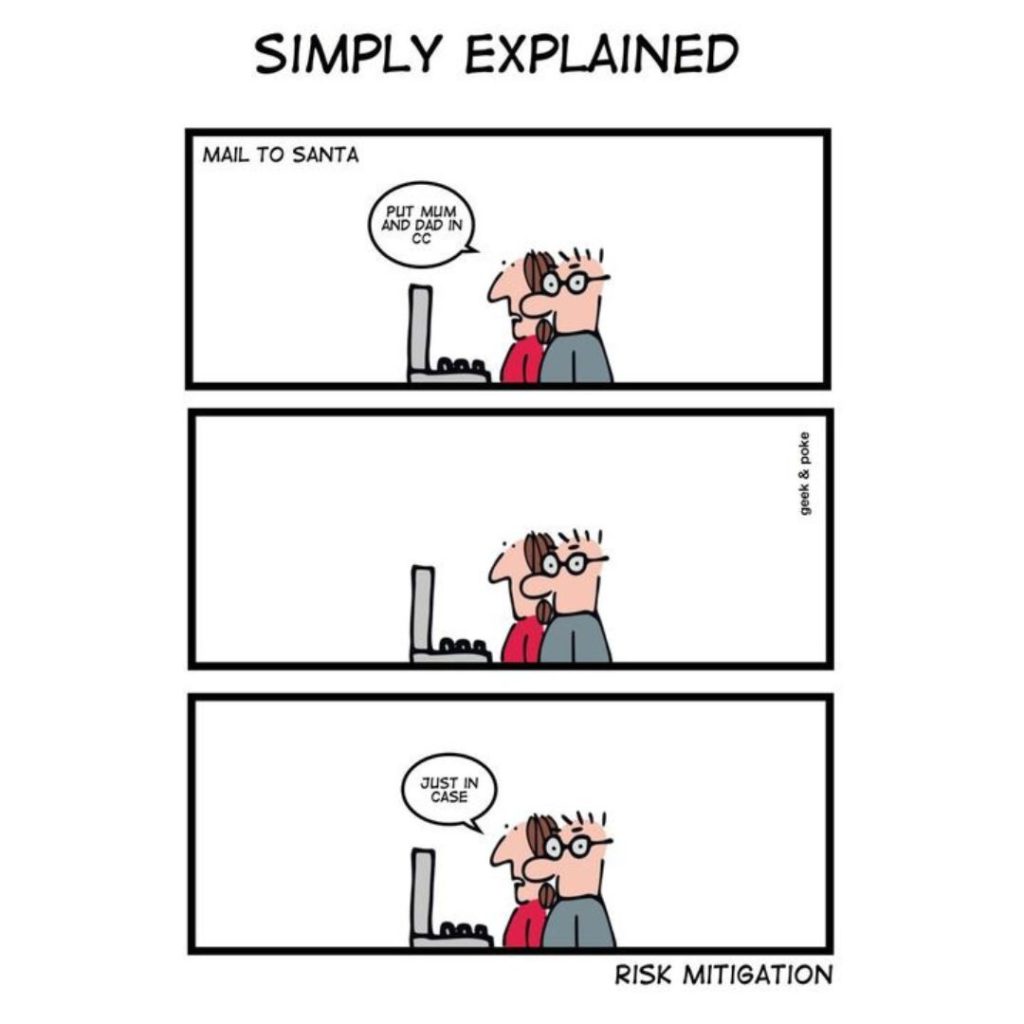The Project Management Institute (PMI) has announced significant updates to the Agile Certified Practitioner (PMI-ACP) exam, set to take effect on November 8, 2024. These changes aim to better align the certification with current industry practices and the evolving needs of agile practitioners. In this blog post, we’ll explore the new Exam Content Outline (ECO), highlighting the differences in domains and what these changes mean for aspiring candidates.
- Enroll in our PMI-ACP Certification training to access the most recent study materials.
Key Changes to the PMI-ACP Exam:
Exam Date Change: The last day to take the current exam format is November 7, 2024. The new format begins on November 8, 2024.
New Exam Domains: The exam now covers four domains instead of seven: Mindset, Leadership, Product, and Delivery.
Increased Training Hours: The required training hours increase from 21 to 28. The 21-hour requirement will still be accepted until March 31, 2025.
Experience Requirements Update:
- New Requirement: 2 years of agile project experience in the last 5 years. The old requirement was 12 months of general project experience in the last 5 years and 8 months of agile project experience in the last 3 years.
- Reduced Experience Option: If you have a third-party agile certification or completed a PMI Global Accreditation Center (GAC) program, the experience requirement is reduced to 1 year.
- No Experience Needed: If you have an active PMP certification.
Exam Format: The exam remains 3 hours long with 120 questions.
Updated Question Types: New question formats, similar to the current PMP exam.
PDUs Remain Unchanged: 30 PDUs are needed to maintain the PMI-ACP certification.
Exam Cost: $348 for PMI members, $396 for non-members.
Key Changes in the PMI-ACP ECO
The most notable change is the reduction in the number of domains from seven to four. This streamlined approach allows for a more focused examination of essential agile competencies. Below is a comparison of the old and new domains:
| Aspect | Old PMI-ACP (Before Nov 2024) | New PMI-ACP (From Nov 2024) |
| Number of Domains |
7 |
4 |
| New Domains |
1. Agile Principles and Mindset 2. Value-driven Delivery 3. Stakeholder Engagement 4. Team Performance 5. Adaptive Planning 6. Problem Detection and Resolution 7. Continuous Improvement |
1. Mindset 2. Leadership 3. Product 4. Delivery |
| Training Requirements |
21 contact hours |
28 contact hours |
| Experience Requirements |
12 months of general project experience within the last 5 years and 8 months of agile project experience within the last 3 years |
3 years of agile project experience within the last 5 years; reduced to 2 years if you hold a current third-party agile certification or have completed a PMI Global Accreditation Center (GAC) program |
| Exam Format |
Remains unchanged: 3 hours long with 120 questions |
Remains unchanged: 3 hours long with 120 questions |
Understanding the New Domains
Let’s delve deeper into each of the new domains and how they differ from their predecessors:
1. Mindset
This domain emphasizes understanding and embodying the agile mindset. Candidates will need to demonstrate knowledge of agile values, principles, and their practical application across various projects. This shift encourages a broader understanding beyond just practices, focusing on fostering a culture of collaboration and adaptability.
The Mindset domain focuses on the principles and values that underpin agile methodologies. It emphasizes understanding the why behind agile practices.
Real-World Example:
Consider a software development team transitioning from a traditional waterfall approach to an agile framework. During this transition, team members participate in workshops where they learn about the Agile Manifesto and its core values. They begin to embrace a mindset of collaboration and flexibility, leading to increased innovation and responsiveness to customer feedback. For instance, after implementing regular sprint reviews, they discover that incorporating user feedback significantly improves product features, demonstrating the value of an agile mindset.
2. Leadership
The new Leadership domain highlights the importance of effective leadership in agile environments. This includes empowering teams, facilitating communication, and fostering team dynamics. The focus here is on building trust and promoting active engagement among stakeholders, which was less emphasized in previous versions.
The Leadership domain emphasizes effective leadership in agile environments, including fostering collaboration and facilitating team dynamics.
Real-World Example:
In a large organization, an Agile Coach is brought in to guide multiple teams through their agile transformation. This coach implements servant leadership principles by empowering team members to make decisions and encouraging open communication. For instance, during daily stand-ups, the coach encourages team members to voice challenges openly, leading to collaborative problem-solving sessions that enhance team morale and productivity. This approach not only improves team dynamics but also builds trust among stakeholders.
3. Product
In this domain, candidates will explore product management aspects such as defining value, managing backlogs, and ensuring alignment with stakeholder needs. This change reflects an integrated approach to product management, emphasizing continuous delivery of customer value.
The Product domain delivers products or services that provide real value to customers. It involves understanding customer needs, managing priorities, and ensuring that the team is working on the most valuable features.

Real-World Example:
A tech startup uses agile methodologies to develop a new mobile application. The Product Owner regularly engages with customers through interviews and surveys to gather insights on desired features. By maintaining a prioritized product backlog that reflects customer needs, the team can quickly adapt their development focus based on real-time feedback. For example, after a beta release, they discover users want a specific feature that wasn’t initially prioritized; because of their agile approach, they can pivot quickly and implement this feature in the next sprint.
The Product domain centers on delivering value through agile product development, including stakeholder engagement and product backlog management.
4. Delivery
Focusing on agile delivery processes, this domain covers planning iterations, managing risks, and ensuring quality throughout development cycles. The consolidation of delivery-related topics into one domain promotes a cohesive understanding of how to execute agile projects effectively.
The Delivery domain is the execution of work in an Agile setting. It covers planning, executing, and delivering products or services efficiently. The focus is on producing high-quality results through iterative development and continuous improvement.
Real-World Example:
A manufacturing company adopts Scrum for its product development cycle. They implement regular retrospectives at the end of each sprint to identify areas for improvement. After several iterations, they notice inefficiencies in their testing process. By using feedback from retrospectives, they introduce automated testing tools that significantly reduce testing time and improve product quality. This example illustrates how continuous delivery practices lead to better outcomes and faster time-to-market.
The Delivery domain focuses on executing agile projects with an emphasis on continuous improvement and high-quality results.
- Check out our Scrum Courses
Why These Changes Matter
These updates represent PMI’s commitment to keeping the PMI-ACP certification relevant in a fast-evolving industry landscape. By streamlining the content outline and emphasizing critical areas like leadership and product management, PMI aims to equip practitioners with skills that are increasingly vital for success in agile environments.
As you prepare for the updated PMI-ACP exam, consider how these examples resonate with your own experiences or observations in agile practices. This connection will reinforce your learning and help you articulate these concepts effectively during discussions or interviews in your professional journey.
Preparing for the New Exam
For those currently preparing for the PMI-ACP exam, it’s advisable to complete your studies before November 7, 2024, to take advantage of the current exam format. If you’re starting your preparation now, ensure that your training meets the new requirement of 28 contact hours and familiarize yourself with the updated domains.
In conclusion, these changes reflect not only an evolution in certification but also a response to the dynamic nature of project management today. Embrace these updates as an opportunity to enhance your skills and stay ahead in your career!
- Use our Sandbox membership to continuously improve your project management, soft skills, leadership skills, and product management skills!
Stay tuned for more insights and tips as we continue to explore what these changes mean for you as an agile practitioner!

